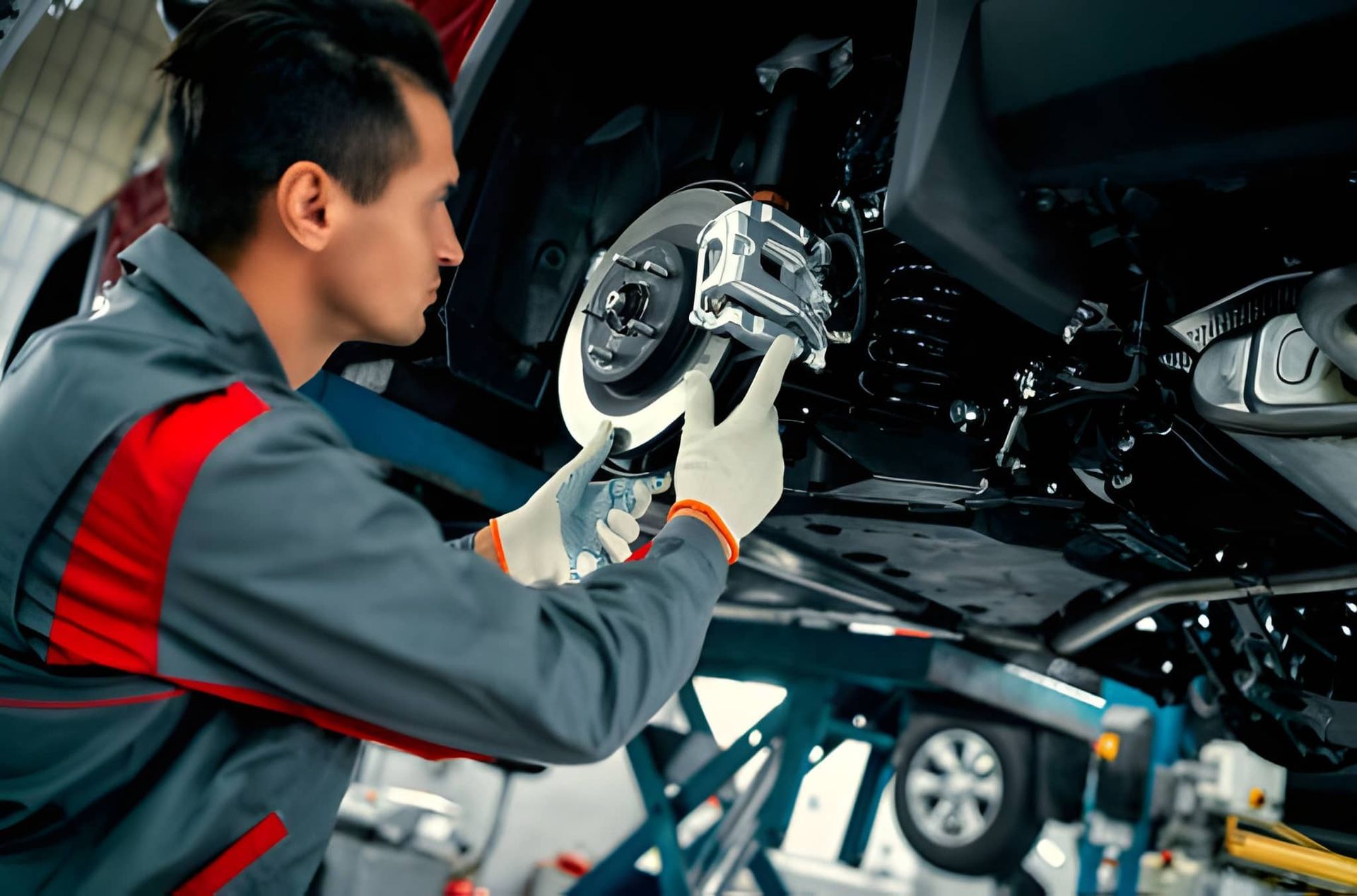Our Blog
Expert check engine light diagnostics by Super Service of Aliso Viejo. Located in CA, we offer quality automotive care. Schedule an online appointment now.
Expert auto diagnostics services in Aliso Viejo by Super Service of Aliso Viejo. Ensure optimal vehicle performance. Schedule an online appointment now!
Discover top-notch brake service at Super Service of Aliso Viejo, CA. Our expert team ensures safety and reliability. Visit us today!
Discover why your check engine light is on in Aliso Viejo, CA with Super Service of Aliso Viejo's experts. Get top-tier auto repair advice today. Visit us today!
Expert wheel alignment at Super Service of Aliso Viejo, CA. Improve vehicle safety & performance today. Schedule an online appointment now!











